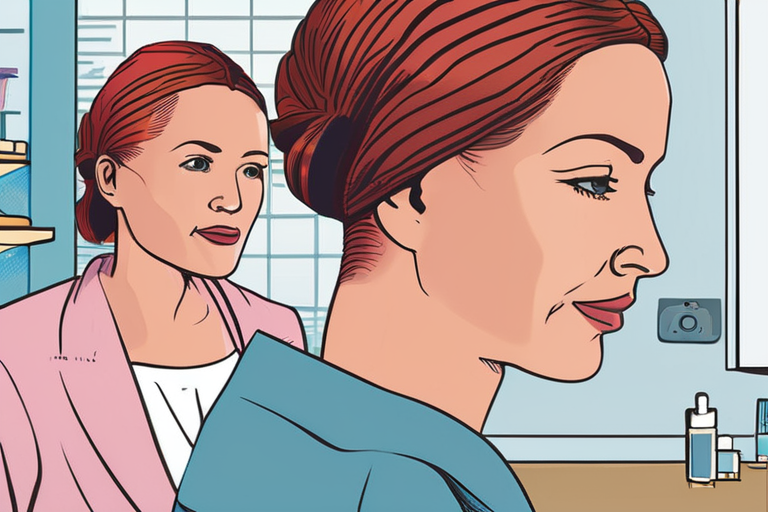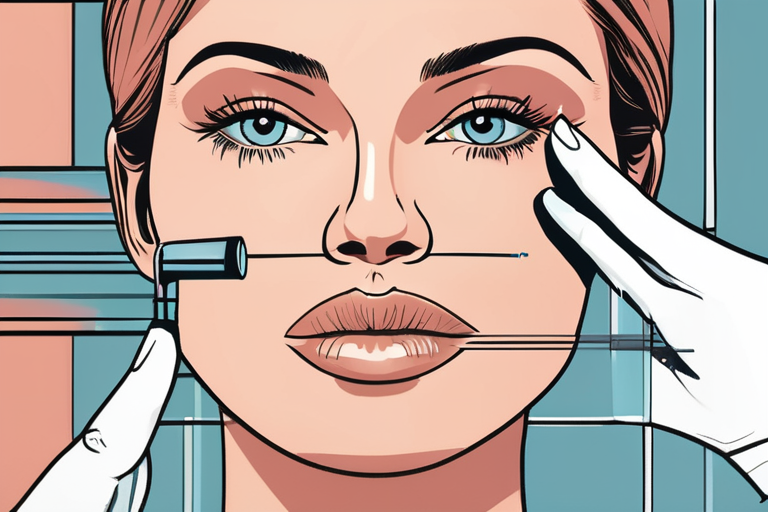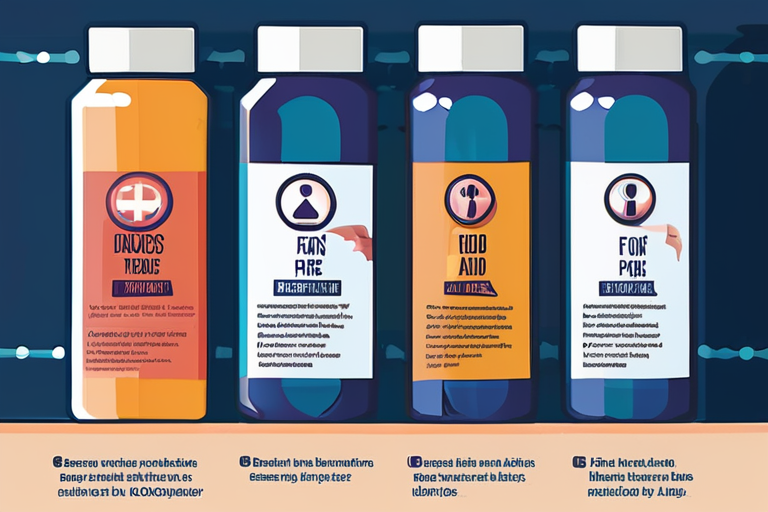Women's Hair Loss Market Sees Surge in Demand, but Solutions Remain Elusive
According to a recent report, the global women's hair loss market is projected to reach $4.4 billion by 2025, growing at a compound annual growth rate (CAGR) of 10.3% from 2020 to 2025. This surge in demand is largely driven by the increasing awareness and acceptance of hair loss as a common issue affecting women of all ages. A staggering 50% of women experience hair loss in their lifetime, with the condition affecting over 30 million women in the United States alone.
The market is fragmented, with various companies offering a range of solutions, from pharmaceuticals to hair transplantation and hair growth supplements. However, the effectiveness of these solutions varies widely, and many women remain dissatisfied with the results. A survey conducted by the market research firm, Statista, found that only 22% of women who used hair growth supplements reported significant improvement in their hair growth.
The hair loss market is also influenced by the growing trend of online shopping and social media. Celebrities and influencers often promote hair growth products, creating unrealistic expectations for women who are struggling with hair loss. This can lead to a culture of misinformation and overspending, as women seek out quick fixes and miracle cures.
The industry is dominated by a few large players, including pharmaceutical companies such as Merck & Co. and Johnson & Johnson, which offer prescription medications for hair loss. However, these products are often expensive and may not be effective for all women. Other companies, such as Rogaine and Nioxin, offer over-the-counter hair growth products, but their effectiveness is also limited.
Despite the challenges, the market is expected to continue growing as more women become aware of the issue and seek out solutions. The increasing demand for natural and organic products is also driving innovation in the industry, with companies developing new products that are free from harsh chemicals and artificial ingredients.
Looking ahead, the women's hair loss market is expected to become increasingly competitive, with new entrants and innovative products emerging. The industry will also need to address the issue of misinformation and overspending, by providing more accurate and effective solutions for women who are struggling with hair loss.
In conclusion, the women's hair loss market is a complex and rapidly evolving industry, driven by growing demand and increasing awareness. While solutions remain elusive, the market is expected to continue growing, with new innovations and products emerging to meet the needs of women who are struggling with hair loss.



























Share & Engage Share
Share this article